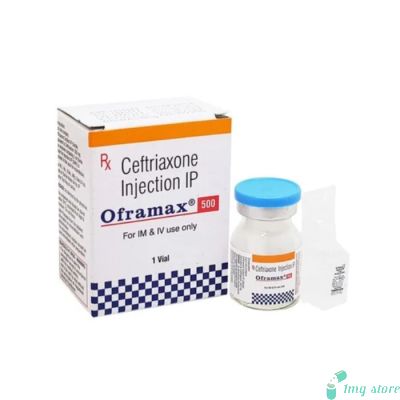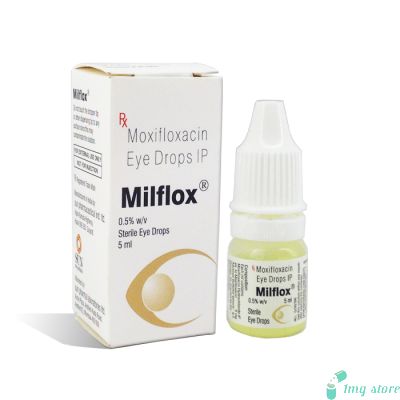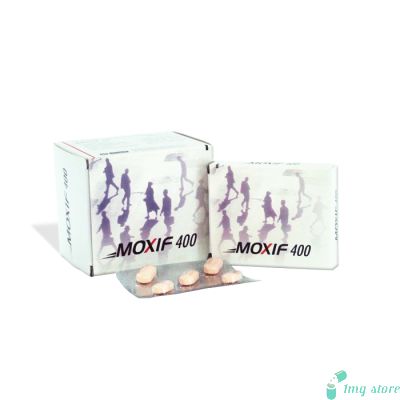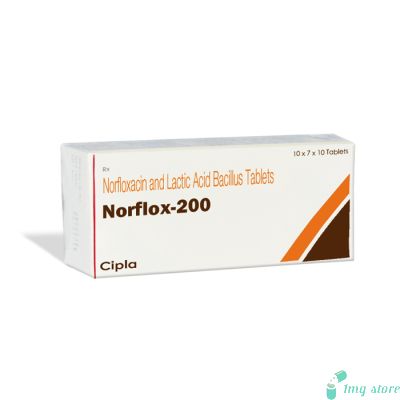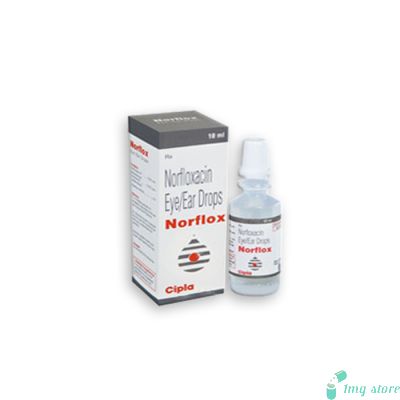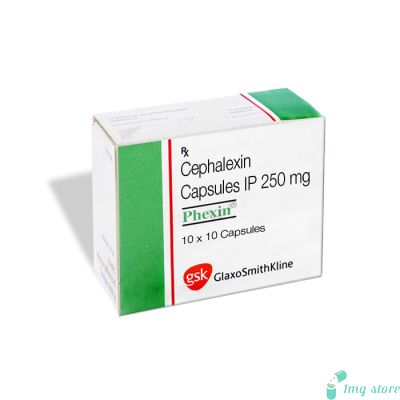Monocef Injection (Ceftriaxone)
Buy Ceftriaxone Injection, marketed under the brand names Monocef and Rocephin, is a potent antibiotic that belongs to the cephalosporin class. It is widely used in medical practice for its effectiveness in treating various bacterial infections.
Ceftriaxone injection for Bacterial Infections
Ceftriaxone, marketed under the brand names Monocef and Rocephin, is a potent antibiotic that belongs to the cephalosporin class. It is widely used in medical practice for its effectiveness in treating various Bacterial Infections. Ceftriaxone is administered through intravenous (IV) or intramuscular (IM) injections, allowing for rapid and efficient delivery of the medication into the bloodstream. This comprehensive guide will provide you with essential information about Ceftriaxone Injection, including dosage, uses, side effects, precautions, and potential drug interactions. The ceftriaxone manufacturer is Sun Pharmaceutical (Ranbaxy Pharma) India
Dosage Information Of Ceftriaxone Injection:
Ceftriaxone Injection dosage varies based on the type and severity of the infection, patient factors such as age and weight, and renal function. It is crucial to adhere to the prescribed dosage provided by your healthcare professional. The following dosage guidelines are general recommendations and should not replace personalized medical advice:
Adults:
Common Infections: The typical dosage ranges from 1 to 2 grams daily, administered either as a single daily dose or divided into two doses every 12 hours.
Severe Infections: For more serious infections, such as bacterial meningitis, doses may be higher, often ranging from 2 to 4 grams daily, divided into multiple doses.
Pediatric Patients:
Children (3 months and older): The dosage is determined based on the child's weight, generally ranging from 50 to 100 mg per kilogram of body weight per day. This is often divided into two doses.
Renal Impairment:
Adjustments to the dosage are necessary for patients with impaired kidney function. Your healthcare provider will determine the appropriate dose based on your renal status.
How to administer Ceftriaxone injection
Ceftriaxone is administered through intravenous (IV) or intramuscular (IM) injections.
The injection site and method of administration will be determined by a healthcare professional.
Ceftriaxone Injection for Diverticulitis:
Ceftriaxone Injection is sometimes prescribed for diverticulitis, an inflammation or infection of small pouches that form in the colon wall. It can help combat bacterial infections associated with diverticulitis, but its usage should be under medical supervision due to the need for proper diagnosis and treatment planning.
Ceftriaxone Injection for Sinus Infections:
Ceftriaxone Injection can be effective in treating severe or complicated sinus infections caused by susceptible bacteria. It is usually reserved for cases where other Antibiotics have not been successful. Proper evaluation and guidance from a healthcare professional are essential before considering Ceftriaxone for sinus infections.
Ceftriaxone Injection Price:
You can conveniently verify the cost of Ceftriaxone Injection on our website, 1mgstore.com. Our platform provides up-to-date information on medication prices, allowing you to make informed decisions about your healthcare needs. Always consult a healthcare provider before purchasing or using any medication.
Essential Safety Advice to Follow When Using Monocef Injection (Ceftriaxone)
Before receiving Ceftriaxone Injection, inform your healthcare provider about your medical history, allergies, and ongoing medications.
- Allergies: If you have a history of allergic reactions to cephalosporins or penicillins, you should inform your healthcare provider.
- Renal Impairment: Patients with kidney dysfunction may require adjusted dosages to prevent adverse effects.
- Gallbladder Disease: Ceftriaxone/Rocephin has been associated with the formation of gallstones in rare cases, especially in individuals with a history of gallbladder disease.
- Pregnancy and Breastfeeding: Consult your healthcare provider if you are pregnant, planning to become pregnant, or breastfeeding, as the potential risks and benefits will be evaluated.
- Blood Clotting Disorders: Ceftriaxone can affect blood clotting, so caution is advised if you have bleeding disorders or are taking blood-thinning medications.
- Pediatric Use: Ceftriaxone is generally considered safe for pediatric patients, but appropriate dosages must be determined based on weight and age.
Some Specific Uses Of Monocef Injection (Ceftriaxone) Include:
Ceftriaxone is a broad-spectrum antibiotic that is highly effective against a wide range of bacterial infections. It is commonly used to treat infections in various parts of the body, including the respiratory tract, urinary tract, skin, soft tissues, bones, and joints. Ceftriaxone is often the preferred choice for serious bacterial infections due to its potency and ability to target both gram-positive and gram-negative bacteria.
- Pneumonia: Ceftriaxone/Rocephin is used to treat bacterial pneumonia, a lung infection that can cause breathing difficulties and fever.
- Urinary Tract Infections: It is effective against urinary tract infections (UTIs) caused by susceptible bacteria.
- Skin and Soft Tissue Infections: Ceftriaxone is used for various skin and soft tissue infections, including cellulitis and abscesses.
- Gastrointestinal Infections: It can be prescribed for bacterial gastroenteritis, helping to control infections that cause stomach upset and diarrhea.
- Meningitis: Ceftriaxone is a vital treatment for bacterial meningitis, a serious infection of the brain and spinal cord.
- Gonorrhea: It is used to treat uncomplicated gonorrhea, a sexually transmitted infection caused by Neisseria gonorrhea.
- Surgical Prophylaxis: Ceftriaxone may be administered before certain surgeries to prevent postoperative infections.
Some Of The Secondary Effects Of Monocef Injection (Ceftriaxone)
While Ceftriaxone is generally well-tolerated, like any medication, it may cause side effects in some individuals. Common side effects may include:
- Gastrointestinal Distress: Nausea, vomiting, diarrhea, and abdominal pain can occur.
- Hypersensitivity Reactions: Some individuals may experience allergic reactions, including rash, itching, or swelling.
- Injection Site Reactions: Pain, redness, or swelling at the injection site may occur.
- Liver Function Abnormalities: Ceftriaxone/Rocephin can occasionally affect liver enzymes, leading to elevated levels.
- Renal Changes: In rare cases, it can lead to changes in kidney function, especially if doses are not adjusted for individuals with impaired kidney function.
- Hematologic Effects: Ceftriaxone may rarely lead to changes in blood cell counts, such as decreased white blood cells or platelets.
It's important to promptly report any unusual or severe side effects to your healthcare provider.
Frequently Asked Queries About Monocef Injection (Ceftriaxone):
Can Ceftriaxone Be Taken Orally?
No, Ceftriaxone is available only for intravenous or intramuscular administration, not in oral form. This ensures rapid and effective delivery of the antibiotic into the bloodstream.
Can Ceftriaxone/Rocephin Treat Viral Infections?
No, Ceftriaxone is specifically designed to target bacterial infections and is not effective against viral infections like the common cold or flu.
Are There Any Special Storage Instructions For Ceftriaxone?
Ceftriaxone should be stored at room temperature and protected from light. It is important to follow storage guidelines provided by your healthcare provider or pharmacist.
Can I Drink Alcohol While On Ceftriaxone Treatment?
Alcohol consumption is generally discouraged while on antibiotics, including Ceftriaxone, to avoid potential interactions and to ensure the most effective treatment.
Is Ceftriaxone Safe For Children With Penicillin Allergies?
Ceftriaxone is often considered a safe alternative for children with penicillin allergies. However, individual patient factors should be discussed with a healthcare professional before administration.
Significant Drug Interactions that Require Attention For Monocef Injection (Ceftriaxone)
Ceftriaxone Injection may interact with other medications, potentially affecting their efficacy or safety. Inform your healthcare provider about all the medications, supplements, or herbal products you are taking. Some notable drug interactions include:
- Calcium-Containing Products: Ceftriaxone should not be mixed or co-administered with calcium-containing solutions due to the risk of precipitates forming.
- Warfarin and Anticoagulants: Ceftriaxone/Rocephin can enhance the effects of blood-thinning medications, leading to an increased risk of bleeding.
- Probenecid: This medication can prolong the effects of ceftriaxone by inhibiting its elimination, potentially leading to higher drug levels.
- Aminoglycosides: When used concomitantly with aminoglycoside antibiotics, such as gentamicin, ceftriaxone can have additive or synergistic effects against certain infections.
- Oral Contraceptives: Ceftriaxone may reduce the effectiveness of hormonal contraceptives, so alternative birth control methods should be considered.
| Manufacturer | : | Aristo Pharma, India |
| Equivalent Brand | : | Rocephin |
| Generic Search | : | Ceftriaxone Sod |









